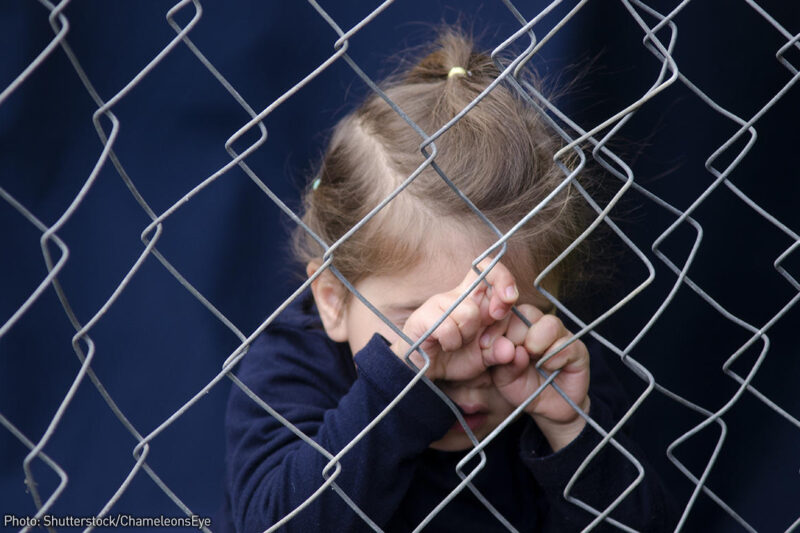
Jeh Johnson, the secretary of the Department of Homeland Security, has announced that he is setting up a committee to review whether to continue using private prisons for immigration detention. But it doesn’t take a study to figure out that the system Secretary Johnson runs is costly and causes needless human suffering. We should stop filling for-profit prison beds with asylum-seekers, children, and thousands of others who never got a fair day in court.
If Secretary Johnson wants to understand the stakes, he should ask the family of José de Jesús Deniz Sahagun, a 31-year-old man who last year committed suicide at the Eloy, Arizona, detention facility run by the private Corrections Corporation of America. After being admitted to the facility, Mr. Deniz Sahagun described a history of self-harm. But he was nevertheless put in a general population unit. It wasn’t until his paranoid thoughts and erratic behavior disturbed others that he was put on suicide watch. But the next day, a doctor ordered him removed to a lower level of supervision.
The guards carried out the doctor’s order and stepped down their observations of his cell. Within hours, Mr. Deniz Sahagun grabbed an orange sock and shoved it deep down his throat, blocking his own windpipe. While making rounds, a CCA guard noticed Mr. Deniz Sahagun lying motionless and facedown on the floor of his cell. He was still alive. As the guard and his colleagues debated whether to enter, Mr. Deniz Sahagun continued to suffocate. Eventually, paramedics entered and tried to revive him — but it was too late. He was pronounced dead in his cell.
If Immigration and Customs Enforcement had cancelled its contract with CCA in Eloy, Mr. Deniz Sahagun might still be alive. Instead, he became the fifth person to commit suicide at Eloy in a dozen years. And ICE knew long before Mr. Deniz Sahagun’s death that Eloy was inadequately equipped to prevent suicide: A 2012 inspection even found that the suicide watch room — the place where people at the most acute risk of suicide are supposed to be housed and whose chief purpose is to deny them the means to kill themselves — contained “structures or smaller objects that could be used in a suicide attempt.” Still, Eloy got a passing rating on the inspection.
And Eloy is only the tip of the iceberg when it comes to ICE’s renewal of contracts with private prisons that fail to safeguard the lives of people in their custody. Across the country, 73 percent of the approximately 34,000 people held in ICE detention facilities are in the custody of private prison companies. These are the very same private prison companies that the Justice Department condemned in its August 18 memorandum and whose prisons the Justice Department’s inspector general recently found were more dangerous than federally run prisons and were failing to meet the government’s contractual standards. In one case, the company chose to operate without a full-time physician for eight months, apparently because it cost less to pay understaffing penalties than a doctor’s salary.
There’s no question that there’s a lot of money at stake in immigration detention contracts for the private companies and their investors. For example, 28 percent of CCA’s revenue comes from ICE detention, according to the company’s first quarter 2016 investor presentation. That is more revenue than CCA receives from the Federal Bureau of Prisons, California, Texas, and the company’s home state of Tennessee combined.
But that cannot compare to the life-or-death stakes for people like Mr. Deniz Sahagun and his family. It is time to end the federal government’s relationship with these predatory companies, once and for all.



